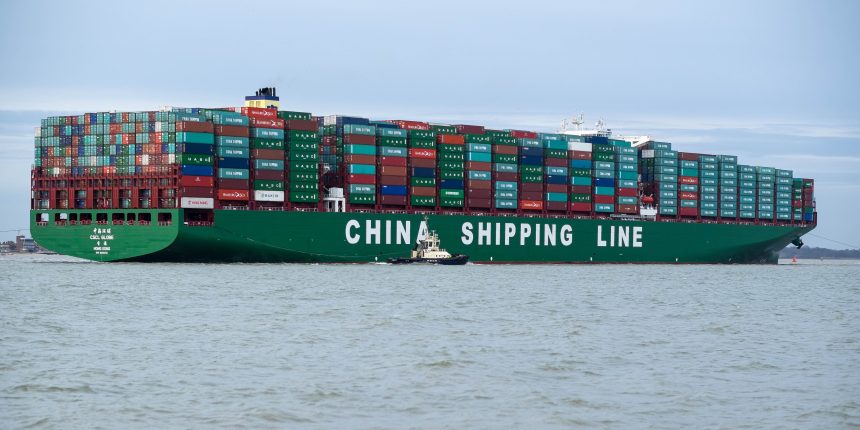At the recent G7 finance ministers and central bank governors summit in Banff, Canada, the world’s leading economies issued a joint communiqué emphasizing the need to address global economic imbalances. While the statement did not explicitly name China, it highlighted concerns over “nonmarket policies and practices” that contribute to these imbalances, widely interpreted as a reference to China’s trade practices.
Monitoring Nonmarket Policies
The communiqué stated that G7 members would continue to monitor “nonmarket policies and practices,” which contribute to imbalances in global trade. These policies typically refer to export subsidies and currency policies that critics argue give certain countries an unfair advantage in international trade.
Addressing E-commerce and Illicit Trade
The G7 also raised concerns over the misuse of the “de minimis” duty-free threshold for international package shipments. This exemption, often exploited by e-commerce platforms, has been linked to increased smuggling activities and tax avoidance. The communiqué noted a sharp increase in low-value parcels overwhelming customs systems and being used for illicit trade.
U.S. Tariffs and Internal Disagreements
Despite discussions on tariffs, the communiqué notably omitted any direct mention of U.S. tariffs, which have been a point of contention among G7 members. U.S. Treasury Secretary Scott Bessent played a key role in steering the discussions, aiming to find common ground among the diverse economic interests within the group.
Implications for Global Trade
The G7’s focus on addressing nonmarket policies signals a collective effort to ensure a level playing field in global trade. However, the lack of specific measures or concrete commitments in the communiqué has led to criticism from some analysts, who argue that the statement lacks the necessary detail to effect meaningful change.
Conclusion
While the G7’s communiqué reflects a shared concern over certain trade practices, the absence of explicit references and detailed actions leaves questions about the group’s ability to implement effective policies. The upcoming G7 leaders’ summit in June may provide further clarity on how these discussions will translate into concrete actions.











